|
|
|
Reflections from our Science + Technology Editor
|
|
Hello! It’s Nehal El-Hadi, and I’m the Science + Technology Editor at The Conversation Canada. As we come to the end of 2018, I’m taking a look at the scientific research, discoveries, stories and personalities that we covered over the year.
I joined The Conversation in the final quarter of 2018, and while I haven’t been here long, I already have some stories that I am quite fond of. Since I started, I’ve worked with academics from many different fields, including marine biology, forensic entomology, urban planning, computer engineering, global security, cognitive science and so on. I’ve edited stories on topics as diverse as cybersecurity and nuclear warfare, a narwhal adoption by a pod of belugas and whether or not we’ve reached “peak car.”
Some of the stories that we have published reveal the ways in which science and technology are present in our everyday lives, sometimes to dramatic and life-changing effect. Gail Anderson, a criminology professor at Simon Fraser University, wrote about how forensic entomology helped overturn a wrongful murder conviction. On a lighter note, McGill University doctoral student Alexandra Gellé outlined how chemistry has all these different roles to play. And University of Waterloo’s Michael Wallace broke down the odds of winning the McDonald’s Monopoly game. Rosa da Silva, leader of the Stink Bug Project (what a job description!) at McMaster University, wrote about the insects’ fascinating survival strategies.
This was a year for questions surround technology: from responsible approaches to artificial intelligence, to how CRISPR gene editing works and whether
machine learning will change the meaning of scientific knowledge.
I’m excited for what 2019 will bring, and I’m looking forward to stories that explain how parts of our world work, the fascinating creatures that inhabit it, and of course, what exists (to infinity and) beyond!
Best wishes for happy holidays, and a fantastic start to 2019!
|
Nehal El-Hadi
Science + Technology Editor
|

|
|
The Year in Review: Science + Technology
|

Lauren J. Borja, University of British Columbia; MV Ramana, University of British Columbia
Nuclear command and control - the computer systems, networks and procedures - is at risk from cybersecurity threats.
| |
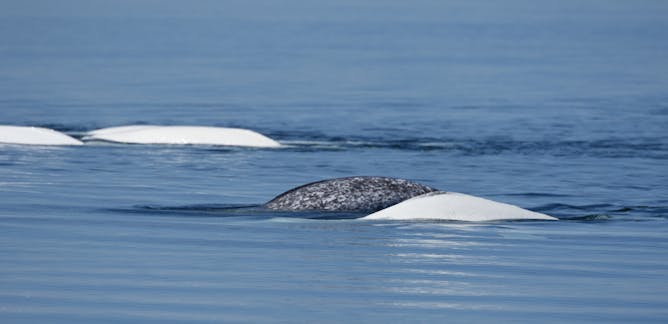
Erin Siracusa, University of Guelph
What can the story of a lost narwhal and his beluga family tell us about interspecies adoptions?
|

Barry Cross, Queen's University, Ontario
With car manufacturers closing down factories, and self-driving technologies improving and becoming more widely accepted, have we reached Peak Car?
| |
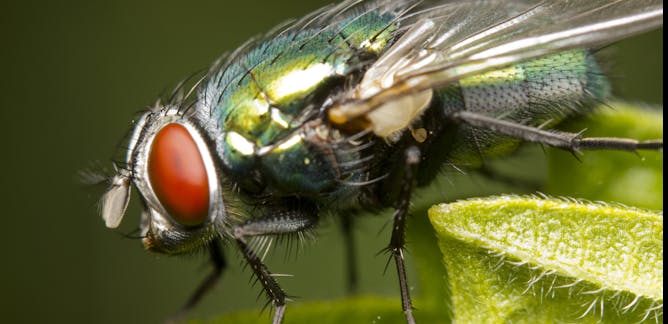
Gail Anderson, Simon Fraser University
The presence of blow flies can help establish time of death in murder cases. A criminologist explains how she used her knowledge of blow flies to help overturn a wrongful conviction.
|

Alexandra Gellé, McGill University
A PhD student in chemistry addresses some of the most common misconceptions about chemistry.
| |

Michael Wallace, University of Waterloo
McDonald's Canada has brought back its popular Monopoly game. A statistician explains the odds of winning the top prizes and how that compares to the odds we confront in everyday life.
|
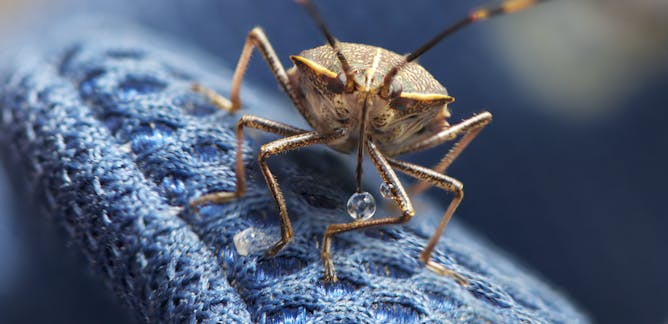
Rosa da Silva, McMaster University
With the onset of cooler temperatures and shorter days, some insects pack-up and migrate to warmer climates. Others, including stink bugs, take up residence in our homes.
| |
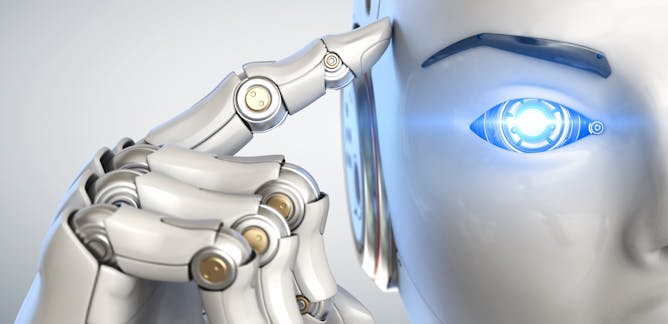
Yoshua Bengio, Université de Montréal
The Montréal Declaration calls for the responsible development of artificial intelligence. A world expert explains why scientists must choose how their expertise will benefit society.
|
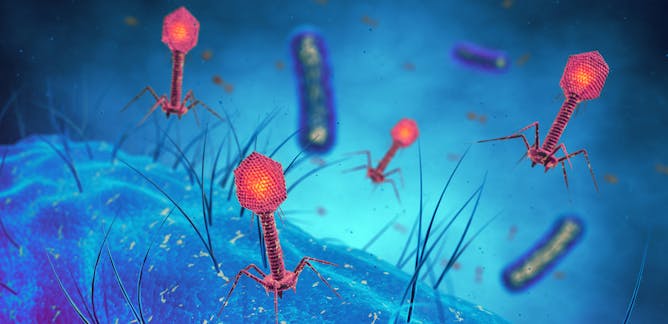
John Bergeron, McGill University
Gene editing through CRISPR may have greater consequences than climate change or unleashing the energy of the atom.
| |
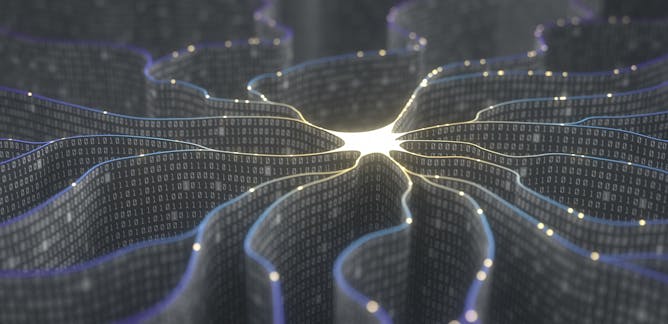
Amar Vutha, University of Toronto
Machine learning is changing the world in ways that we are just beginning to appreciate. But could it change the way we do science and the reasons why we do science?
|
|
|
| |
| |
| |
| |
| |
| |
|
|
|
|
|
|
|